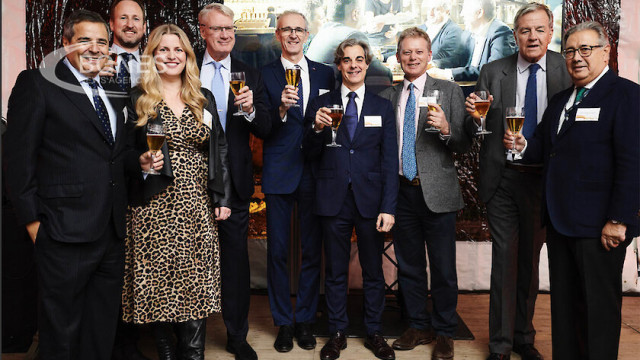The European beer industry is on the rise, according to new data published by the Brewers of Europe. Beer production and consumption are gradually returning to 2019 levels.
The results of the sector were presented in Brussels at the 10th edition of the Beer Serves Europe forum. The event brought together over 250 representatives of European institutions, national beer associations, businesses, and beer lovers.
The annual report of the Brewers of Europe shows that the number of breweries in the EU increased from 9,500 in 2021 to 9,680 in 2022. This dynamic is still not at the levels of the end of the previous decade, when the number grew by thousands per year, but is nevertheless a sign of sustained growth and innovation in the sector. France has the most breweries again, with an impressive 2,500 sites, of which 2,300 are micro-enterprises. It is followed by Germany with 1,507 breweries. The German beer industry provides the most jobs, employing 27,916 people.
During the forum, the chairman of the beer club of the Euro Parliament, MEP Ivan Štefanets, emphasized that the brewing industry continues to make a serious contribution to the recovery of the economy of the Old Continent.
"2.6 million people are directly employed in the beer industry. Every job in it creates another 16 in the supply chain and in the tourism and restaurant business segments," he added and commented that he will continue to fight in the European Parliament for fairer regulations for the brewing sector to be adopted.
Green innovation, social contribution and sustainable development continue to be the focus of the beer industry in all European countries.
Bulgarian brewing companies stand out as one of the most active in implementing the practices of the circular economy and environmental responsibility. In the last three years alone, investments in green innovations in breweries in our country have exceeded BGN 60 million, and over BGN 12 million have been invested in the development of human resources and healthy working conditions.
"We are extremely satisfied and proud that during the last difficult year, precisely because of their presentation as responsible employers and producers, beer companies in the country continue to have strong approval from our compatriots", commented Ivana Radomirova - executive director of the Union of Brewers in Bulgaria (SPB).
She added that the high rating is based on several criteria and the beer industry in our country has the highest reputation in Europe after the Czech Republic.
According to the annual report of the Brewers of Europe, more than 358 million hectoliters of beer were produced in the EU countries in 2022, compared to 344 million hectoliters in 2021. The fact that there is a serious increase in the production costs of brewing at the European level is of concern to everyone. In mid-2023, they were more than 20% higher than in 2019. Combined with the sharp rise in supply and logistics costs, these circumstances slow down the dynamic growth of the industry and especially of exports, which largely contributes to the added value of the beer industry in Europe.
Traditionally, Germany remains the largest European beer producer with 87,830,000 hectoliters, followed by Spain and Poland.
In terms of beer production, Bulgaria is in 15th place in the EU, which means that according to this indicator, the domestic brewing industry has climbed two places compared to last year.
Beer sales in the European Union have increased and will exceed 317 million hectoliters in 2022, compared to 301 million hectoliters in 2021. According to this indicator, Germany is again in first place with 79,100,000. Spain and Poland are in second and third place in the EU, respectively, with 42,300,000 and 34,730,000 hectoliters.
For another year, Bulgaria is in 13th place in terms of beer sales. In 2022, 5,230,000 hectoliters were sold in the country, which is 80,000 more than sales in 2021. Belgium continues to be the largest beer exporter with 16,390,000 hectoliters.
The European beer market is increasingly actively offering an extremely diverse range of approximately 50,000 brands and assortments. It is no surprise to anyone that the portfolio of non-alcoholic beers, which already represent more than 5% of the European beer market, is also developing strongly. The latest surveys show that nearly 70 percent of Europeans have already drunk from them. According to experts, it is non-alcoholic beers that will be the engine in the future development of the category, especially for consumers in the age group between 19 and 30 years, who are increasingly striving for an active and healthy lifestyle. /BGNES







